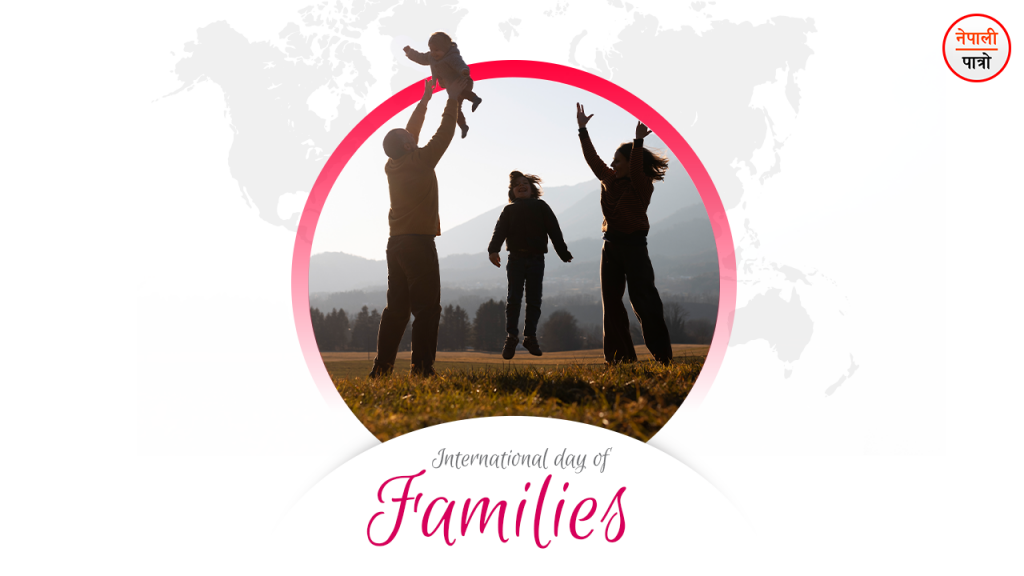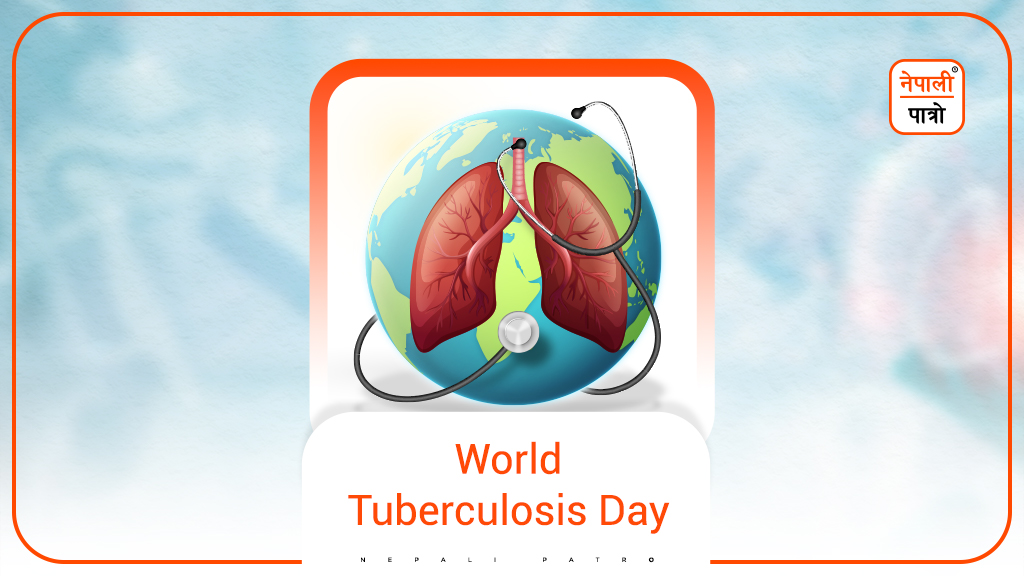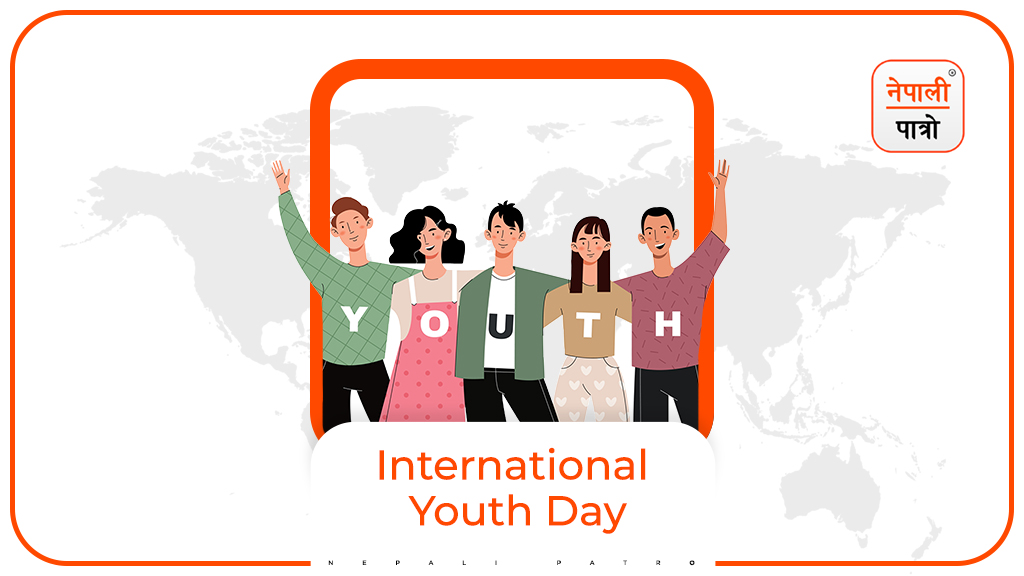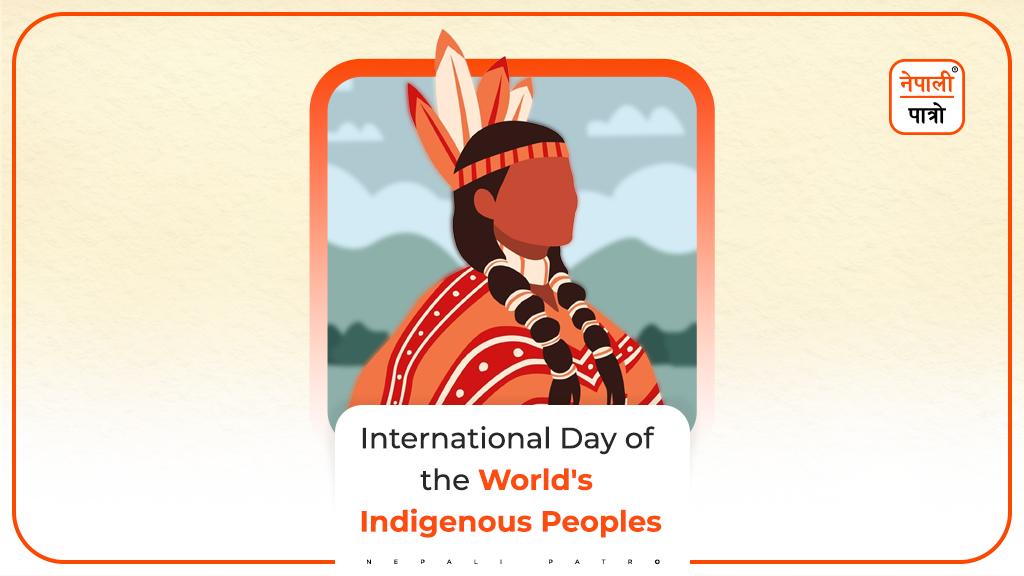International Families Day
By
Nepali Patro (Sudan Bhattarai Upadhyaya)
“International Families Day” is observed on the 15th of May every year worldwide to mark the importance of Family and its unity along with health care and mutual living. The Theme for the year 2020 has been called as “Families in Development: Copenhagen & Beijing + 25” The concept of the family day arose during the year 1980 when the United Nations started focusing its attention on issues related to the family and its welfare. In the year 1983, the UN Commission for Social Development, based on the suggestions of the Economic and Social Council, in its resolution about the Role of family in the development process, requested the UN Secretary General to enhance awareness among decision-makers and the public about various problems and the need of the family, as well as different effective ways to meet those needs.
On 29 May 1985, the Council invited the General Assembly to consider the provisional agenda of its forty-first session with an article entitled “Families in the development process”, which was with the view of requesting the Secretary General to initiate the process of development for global awareness about the issues involved, intergovernmental and non-governmental organizations as well as public opinion in the general. On 9 December 1989, a new resolution was passed on, and the UN General Assembly proclaimed “The International Year of the Family”.
In 1993, the UN General Assembly decided that 15th May of every year should be observed as “International Day of Families”, to provide an opportunity to promote awareness of issues related to families and to increase the knowledge of the socio-economical, and demographic processes that affect families of different developed and underdeveloped countries.
On 25 September 2015, the 193 member states of the United Nations unanimously adopted the Sustainable Development Goals (SDG), with a set of 17 goals aiming to eliminate poverty, discrimination, abuse, and preventable deaths, addressing environmental destruction, and a guide in an age of development for all people, everywhere in the world.
This year’s 25th anniversary of the Copenhagen Declaration and Beijing Platform for Action comes at the time of one of the most challenging global health and social crisis. The problems arising in this fast-paced world brings into sharp focus the importance of investing in social policies protecting the most vulnerable individuals and families. It is the families who bear the impact of any kind of problems, sheltering their family members from harm, caring for the school-going children, and at the same time continuing one’s work responsibilities.
For the achievement of these goals, set forth in the Sustainable Development Goals (SDG), families, and family-oriented policies and programs are vital. There is a real opportunity to rethink and transform the way our economies and society function to foster greater equality for all. In doing so, gender equality will not be achievable without greater equality in families, thus, the Beijing Platform for Action continues to provide a visionary roadmap of where we need to go further.
After the freedom of Nepalese from Monarchy till the open speech Republic days the importance of family and its unity, different kinds of problems arising within a family, sheltering of the family, etc also has become one of the key factors of all families in general. Thus, to foster and promote the importance of family, its unity, and how to cope with the problems arising from different factors have been seen as a key factor for the implementation of a better family of every household.
Though, here in Nepal, the concept of “International Family day” may be new to a lot of people in general slowly the people are getting aware of its importance and people observe this day with great zest. But, the governmental, as well as other non-governmental bodies, still lack programs and other initiatives in the making of better families all over the country. To provide the basic necessity and even shelters in remote areas for families can be seen as a challenge for the current government and their bodies which, needs immediate attention for fostering the importance of family and solving problems related to them.
Without hope, there is no dream and no further planning, thus let us hope this year’s “International Family Day” can open the eye of the policymakers, government, and non-government bodies in making new rules and regulations and implementation of those rules for the betterment of every household, every family living in different condition and situations around the whole country.
To Read this article in the Nepali Language please click here.






